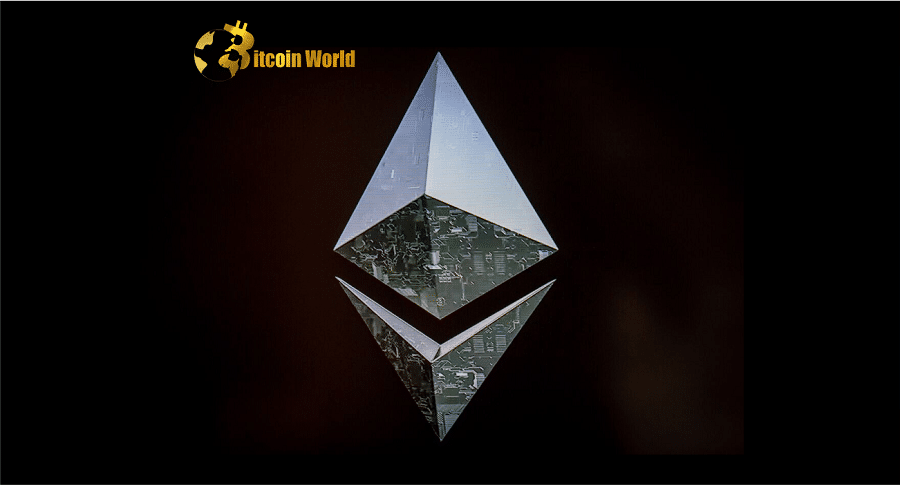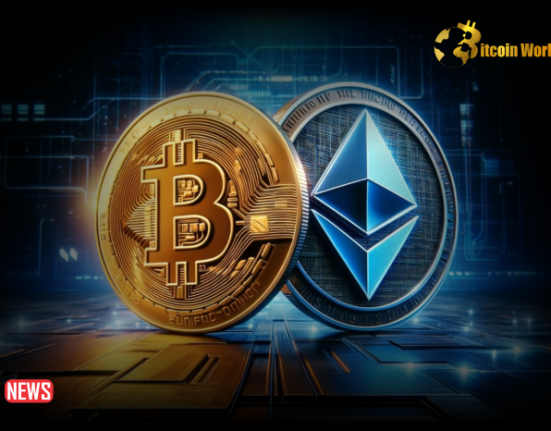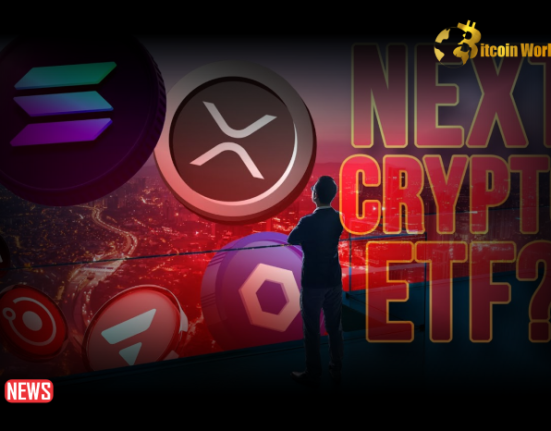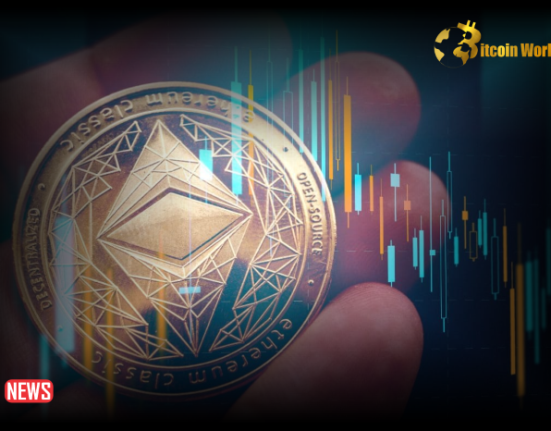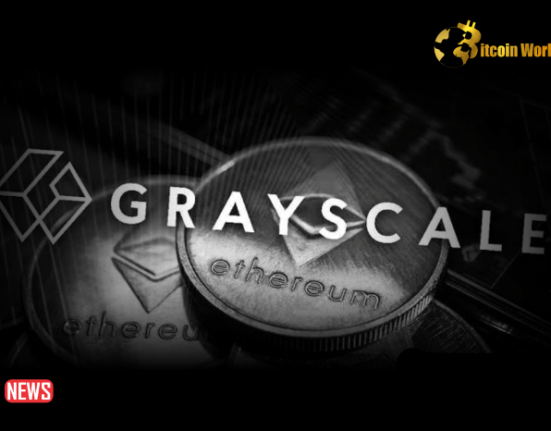Since 2015, the amount of Ethereum ($ETH), the world’s second-largest cryptocurrency by market capitalization, that is being held on cryptocurrency trading platforms has hit an all-time low. This is due to the fact that nearly ninety percent of all circulating ETH is being held by entities that control their own wallets.
The entire quantity of Ethereum (ETH) held on exchanges is reportedly at its lowest level since July 2015, with only 10.31% of all existing ETH currently available, as reported by the company Santiment, which provides on-chain analytics. The remaining close to 90 percent of Ethereum is stored in wallets maintained by users at a time when liquid staking services, which allow users to keep their liquidity while they stake, are abundant. Wallets controlled by users account for almost 90 percent of Ethereum.
The growing anxiety of investors regarding the safety of exchanges, as well as the requirement that they maintain complete control over their assets, has been a driving force behind the emergence of self-custody. The proliferation of decentralized financial protocols on the network of the cryptocurrency has also resulted in an increase in the demand for ETH stored on-chain.
Because there is a very small quantity of ETH traded on exchanges, the price of the cryptocurrency would most certainly increase if there was strong purchasing pressure observed on the market. This is because there is a limited amount of ETH easily available to satisfy the demand for it.
As the network of the cryptocurrency changed from a Proof-of-Work (PoW) consensus algorithm to a Proof-of-Stake (PoS) consensus algorithm, it has been reported that more than $100 million worth of ETH has been removed from circulation

